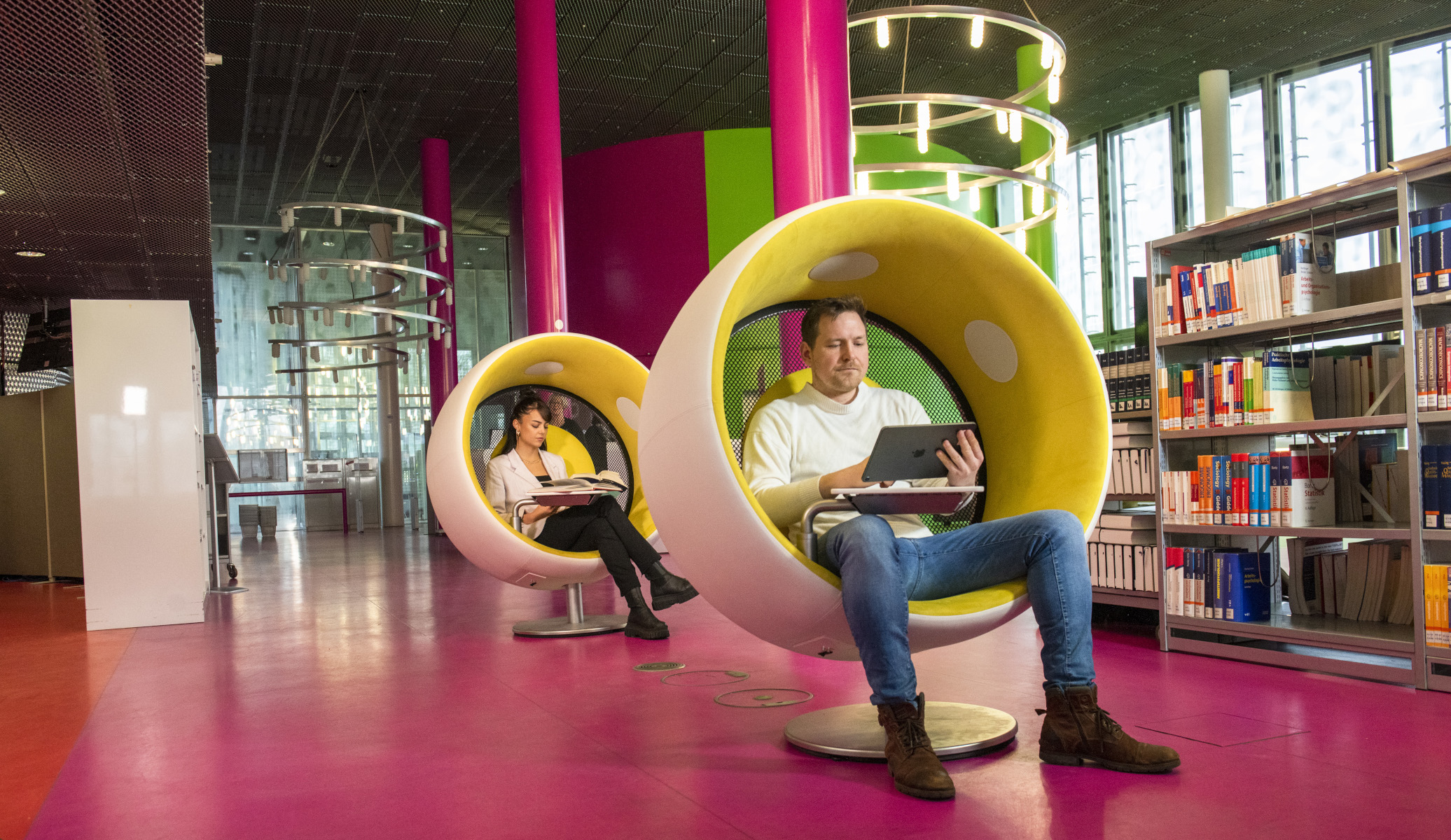
Description
Digital technologies shape the way people live together in society. The university Bachelor's programme Digital Society addresses digitalisation from a multidisciplinary perspective. How is society changing through digitalisation? How are culture, the public sphere, politics, the economy and work influenced by the use of digital technologies? How are media shaped by digital infrastructures and platforms? What are the ethical requirements for artificial intelligence, autonomous robots and other digital innovations? The degree programme enables students to deal with these questions in an interdisciplinary and well-founded manner.
Students learn to analyse and critically reflect on connections between digitalisation and society using scientific methods. Compulsory and elective modules in law and economics complement the programme profile with study content that is in high demand by many employers. The programme qualifies students for a Master's degree in the field of cultural and social sciences and prepares them to work as professionals in the media, business and civil society.
Read more: What is the study programme about?
Professional Fields of Activity
- Journalism, press and PR work, social media management and general media management
- Management of cultural institutions
- Strategic and operative management of businesses as well as consulting work
- Policy consulting, especially bearing on the analysis and evaluation of digital technologies
- Expert for and/or staff-member in organisations of civil society and non-governmental organisations
Further postgraduate opportunities
Applications and Admissions
Admissions Requirements
Higher education entrance qualification
- General higher education entrance qualification (Abitur)
- Subject-related higher education entrance qualification
- Advanced technical college entrance qualification (Fachabitur)
- Higher education degree qualifying for entry into a profession
- Master Craftmanship
- Early school leaving certificate and suitable vocational training with at least two years' work experience
- A comparable higher education entrance qualification

